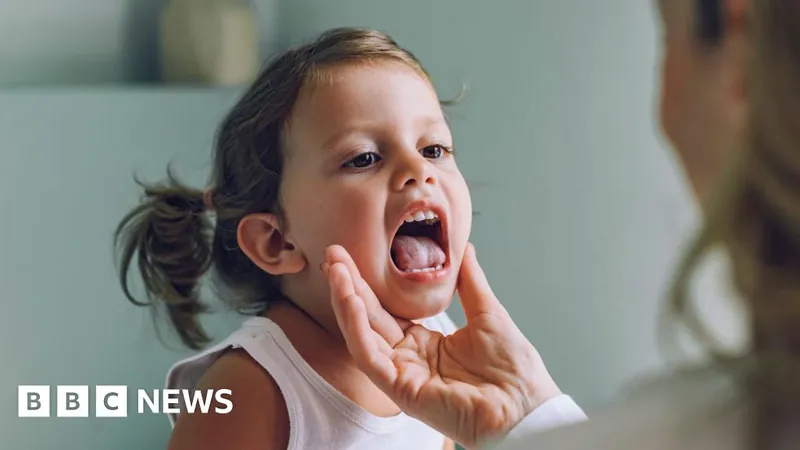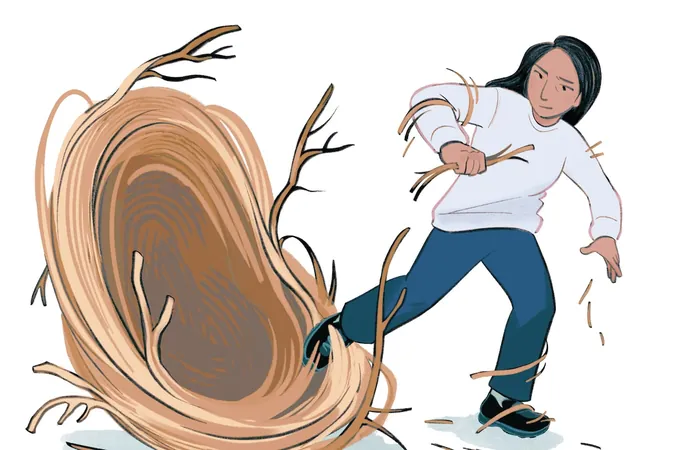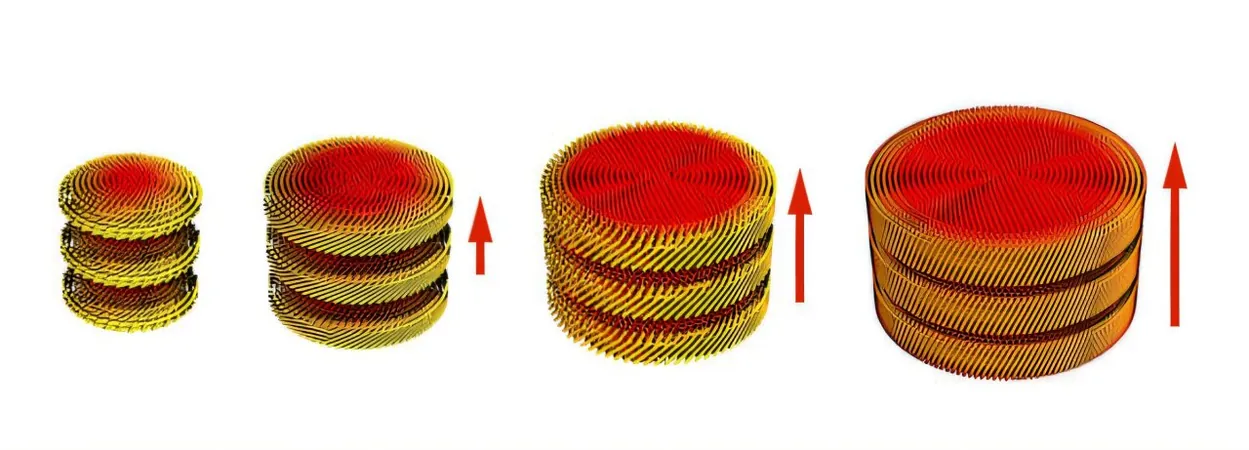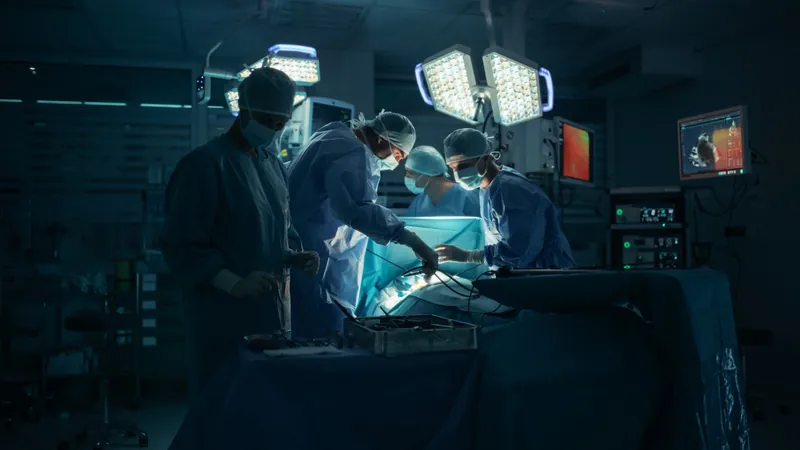
Decrease in Child Surgery for Swallowed Objects Linked to Cashless Payments and Safety Measures
2025-03-28
Author: Michael
Decrease in Child Surgery for Swallowed Objects Linked to Cashless Payments and Safety Measures
In an unexpected twist, the surge of cashless payment systems has contributed to a significant decline in the number of children requiring surgical procedures to remove swallowed coins and other foreign objects. Surgeons from the Ear, Nose, and Throat (ENT) department have analyzed hospital records in England since the turn of the millennium and discovered that the instances of such surgeries have dropped remarkably by nearly 700 cases by the year 2022.
Historically, coins represented over 75% of the foreign objects ingested by children under six years old, according to findings published in a medical journal. In a more detailed review of data by the UK Payments Markets Survey, researchers noted that the notable shift away from cash began in 2012, coinciding with a decade-long decline in patient cases.
While the increasing use of cards for transactions is a contributing factor, the study also highlights the impact of child-proof packaging and widespread safety campaigns that have educated parents and caregivers on the risks of common household items. Objects such as beads, pins, baby teeth, screws, and even food are regularly found lodged in children's noses, while nuts can be accidentally inhaled, leading to complications in breathing.
However, the study brings attention to new concerns regarding dangerously shiny items like button batteries and small magnets. These objects pose an immediate threat as they can cause serious health issues within hours, necessitating immediate medical intervention. Surgeons Akash Jangan and his team documented these findings in The Annals of the Royal College of Surgeons of England.
From 2012 to 2022, the overall data revealed: - A 29% decrease in foreign-body removal procedures, falling from 2,405 to 1,716. - A reduction of 195 procedures for extracted swallowed objects, from 708 down to 513. - A drop of 484 cases of retrieval from the nose, decreasing from 1,565 to 1,081. - A slight decline in respiratory-tract procedures, from 132 to 122.
ENT surgeon Mr. Ram Moorthy, though not directly involved with the study and a member of the Royal College of Surgeons of England, expressed optimism about the findings, stating, "It is heartening to see fewer children swallowing coins. This study illustrates how advancements in technology can inadvertently enhance children's safety. Nevertheless, we must remain vigilant about other hazardous items, such as button batteries and magnets, which can inflict real trauma."
As we navigate this change, it's crucial for parents and guardians to remain aware of the potential dangers posed by household small items, ensuring that they are stored out of reach of curious little hands. The decline in surgeries is a promising sign, but vigilance and education remain key in safeguarding children's health.









 Brasil (PT)
Brasil (PT)
 Canada (EN)
Canada (EN)
 Chile (ES)
Chile (ES)
 Česko (CS)
Česko (CS)
 대한민국 (KO)
대한민국 (KO)
 España (ES)
España (ES)
 France (FR)
France (FR)
 Hong Kong (EN)
Hong Kong (EN)
 Italia (IT)
Italia (IT)
 日本 (JA)
日本 (JA)
 Magyarország (HU)
Magyarország (HU)
 Norge (NO)
Norge (NO)
 Polska (PL)
Polska (PL)
 Schweiz (DE)
Schweiz (DE)
 Singapore (EN)
Singapore (EN)
 Sverige (SV)
Sverige (SV)
 Suomi (FI)
Suomi (FI)
 Türkiye (TR)
Türkiye (TR)
 الإمارات العربية المتحدة (AR)
الإمارات العربية المتحدة (AR)